THE World Bank (WB) said this week Zimbabwe, which owes it about $1 billion in debts, now qualified for debt relief but stressed that President Robert Mugabe's new administration would require a convincing recovery plan to initiate talks with the Bretton Woods institution.
The WB halted lending to Zimbabwe in 2001 after arrears swelled to unprecedented levels as the country drifted into a volatile political and economic crisis that fueled hyper-inflation and capital flight.
But the bank's relations with Zimbabwe have been improving since 2009 when efforts to implement an arrears clearance strategy were taken by former finance minister, Tendai Biti.
In the past, the WB had ruled out possibilities of extending debt relief to President Mugabe's previous administration.
But on Tuesday, the bank's resident senior economist, Nadia Piffarreti, said it was impossible then to negotiate any debt forgiveness with a country whose economy was in crisis.
Zimbabwe's economy slumped by 50 percent between 2000 and 2008.
"We don't discuss debt relief in a country that is in free fall," Piffarreti told a conference organised by advisory group, Econometer Global Capital in Harare.
"We could not discuss relief with Zimbabwe in 2008. But I think Zimbabwe is there now. What we want to see is a strong recovery programme; I hope this is what the new government is looking at. If that is done, then (we can discuss debt relief) because that will help the country," she said.
The WB economist, who spoke on the day President Mugabe officially opened the eighth Parliamentary session after landmark polls in which he trounced his closest rival Morgan Tsvangirai in a landslide victory, painted a gloomy outlook for the economy.
Several interventions were imperative, she said, to arrest the ongoing recession that has triggered a fresh wave of company failures.
Several listed firms, some of them once bellwether stocks, have recently delisted from the Zimbabwe Stock Exchange, highlighting the deadly effects of the crisis.
The de-listed firms include Apex Corporation Limited, Gulliver Consolidated, CAPS Holdings and Steelnet, which has since slid into liquidation.
Zimbabwe's foreign debt, now estimated at over $10 billion, has been choking the country, whose Gross Domestic Product (GDP) is about the same size as its overdue commitments.
At the end of 2011, total external debt was estimated at 84 percent of GDP, 65 percent of it in arrears. Funding earmarked for social spending has been committed to debt repayment, with catastrophic consequences on people at the lower levels of the social strata.
This week, Piffarreti released yet more statistics showing a gloomy outlook and warned that the robust growth seen between 2009 and 2011 was now tepid.
"Poverty and extreme poverty is still widespread in Zimbabwe," she told the conference.
About 70 percent of the country's 13 million people were living in poverty.
The poverty levels increased to 80 percent in rural areas, where the majority of people leave.
About 22 percent of the population was extremely poor, with the figure rising to 50 percent in rural settlements, she said.
"This is a risky country," said the WB economist, emphasising the need for government to outline strong measures to improve the business climate.
The predicament of millions battling dire living conditions was unlikely to improve immediately as job opportunities have been stifled by deteriorating economic conditions.
Capacity utilisation in industries declined to 44 percent in 2012, from 58 percent in 2011, CZI president, Charles Msipa told the conference.
He said capacity utilisation was still declining.
"This year growth has moderated," Msipa told the conference. There is significant slowdown in the rate of recovery. We are facing de-industrialisation as a nation," he said.
The country's overdue obligations to multilateral financial institutions included the World Bank's $911 million, $587 million owed to the African Development Bank, $244 million owed to EIB and $138 million owed to the International Monetary Fund in the last weeks of December 2012.
- the financial gazette
 Top Zimbabwe business executive arrested for fraud
Top Zimbabwe business executive arrested for fraud  South Africa is in serious trouble
South Africa is in serious trouble  US halts visa services for Zimbabwean nationals
US halts visa services for Zimbabwean nationals  ZSE and VFEX recover after weak 1st half
ZSE and VFEX recover after weak 1st half  Gold edges up as traders await guidance
Gold edges up as traders await guidance  Zimbabwe Agricultural Show 2025 kicks off
Zimbabwe Agricultural Show 2025 kicks off  Young Investment Professional (YIP) Graduate Programme 2019
Young Investment Professional (YIP) Graduate Programme 2019 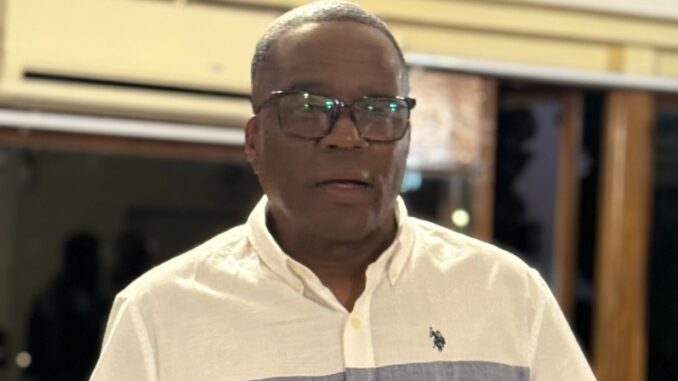
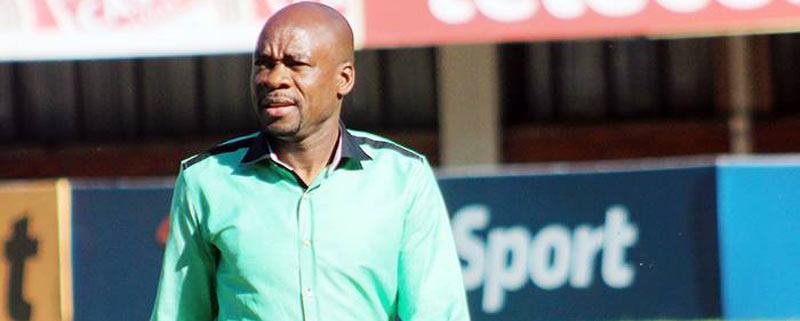


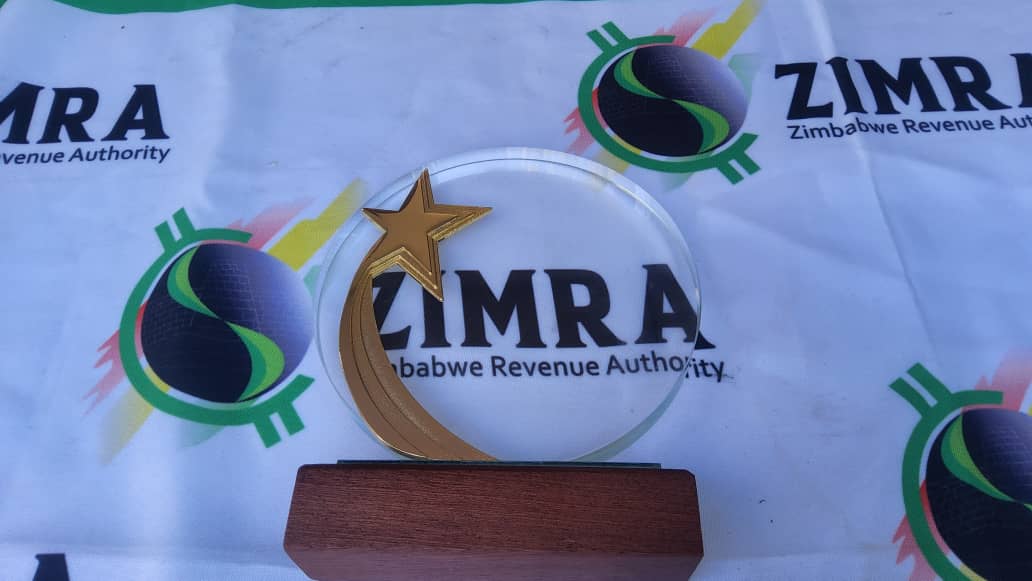
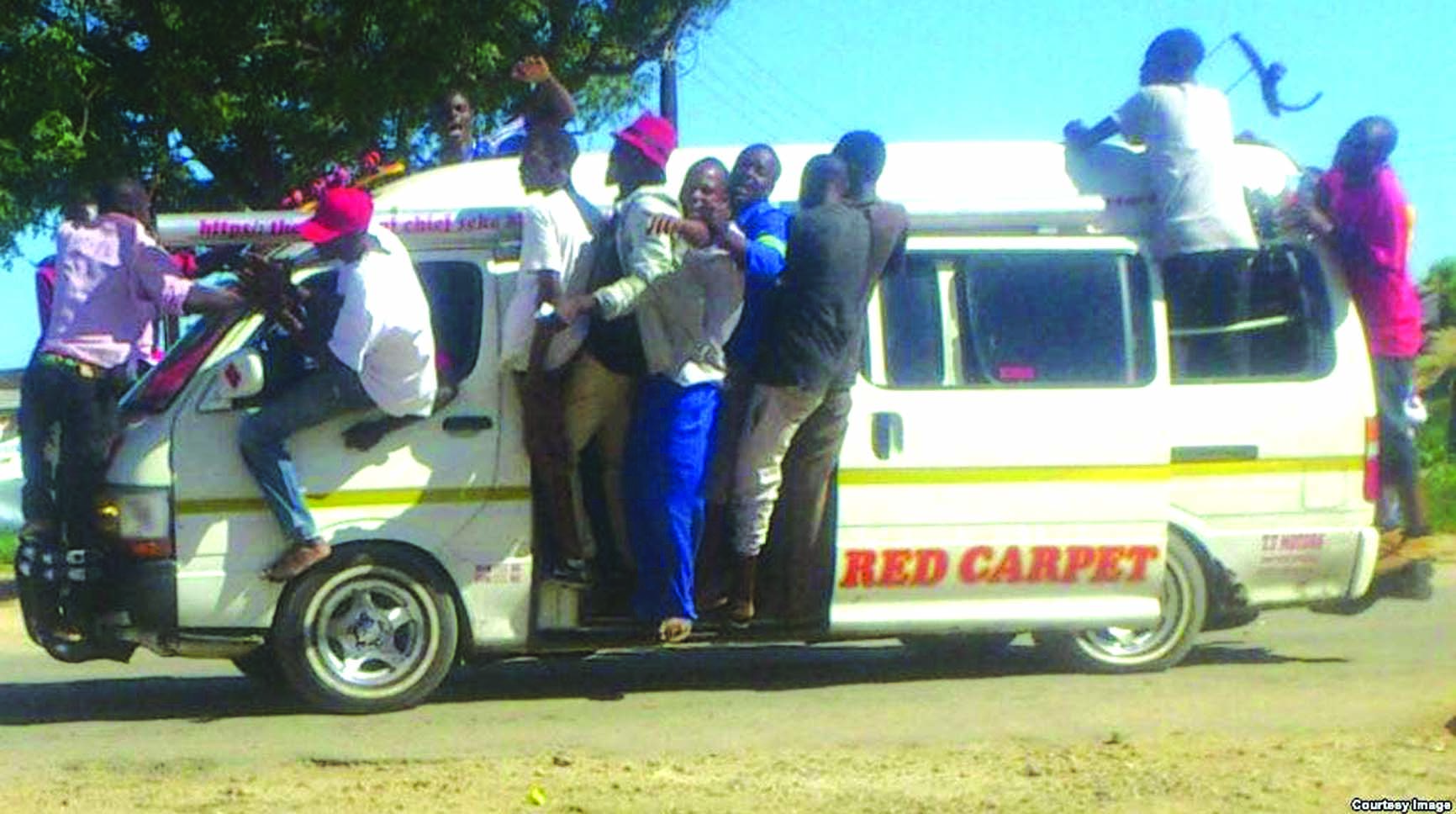
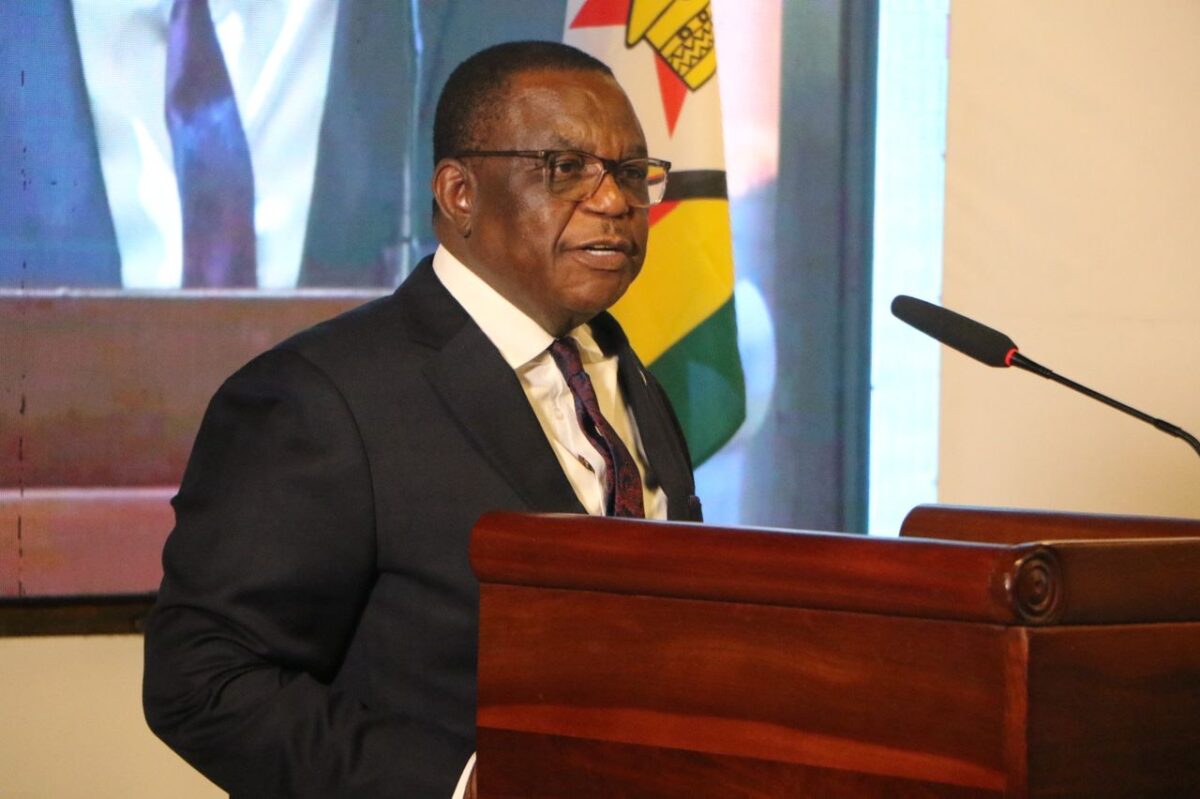
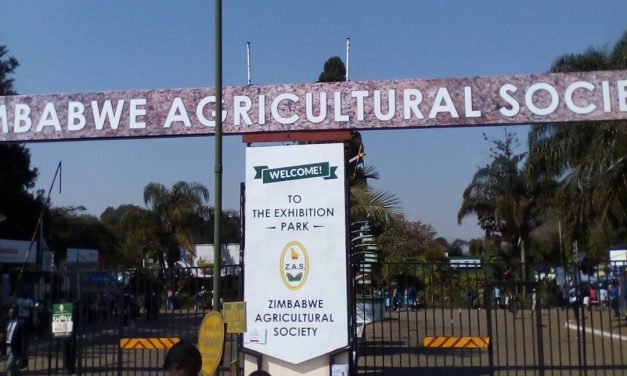
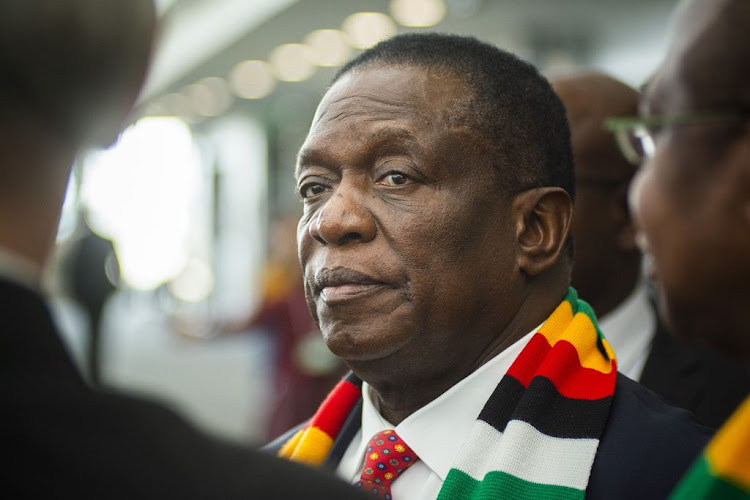


 Young Investment Professional (YIP) Graduate Programme 2019
Young Investment Professional (YIP) Graduate Programme 2019
Editor's Pick